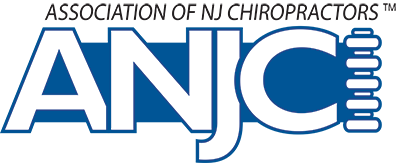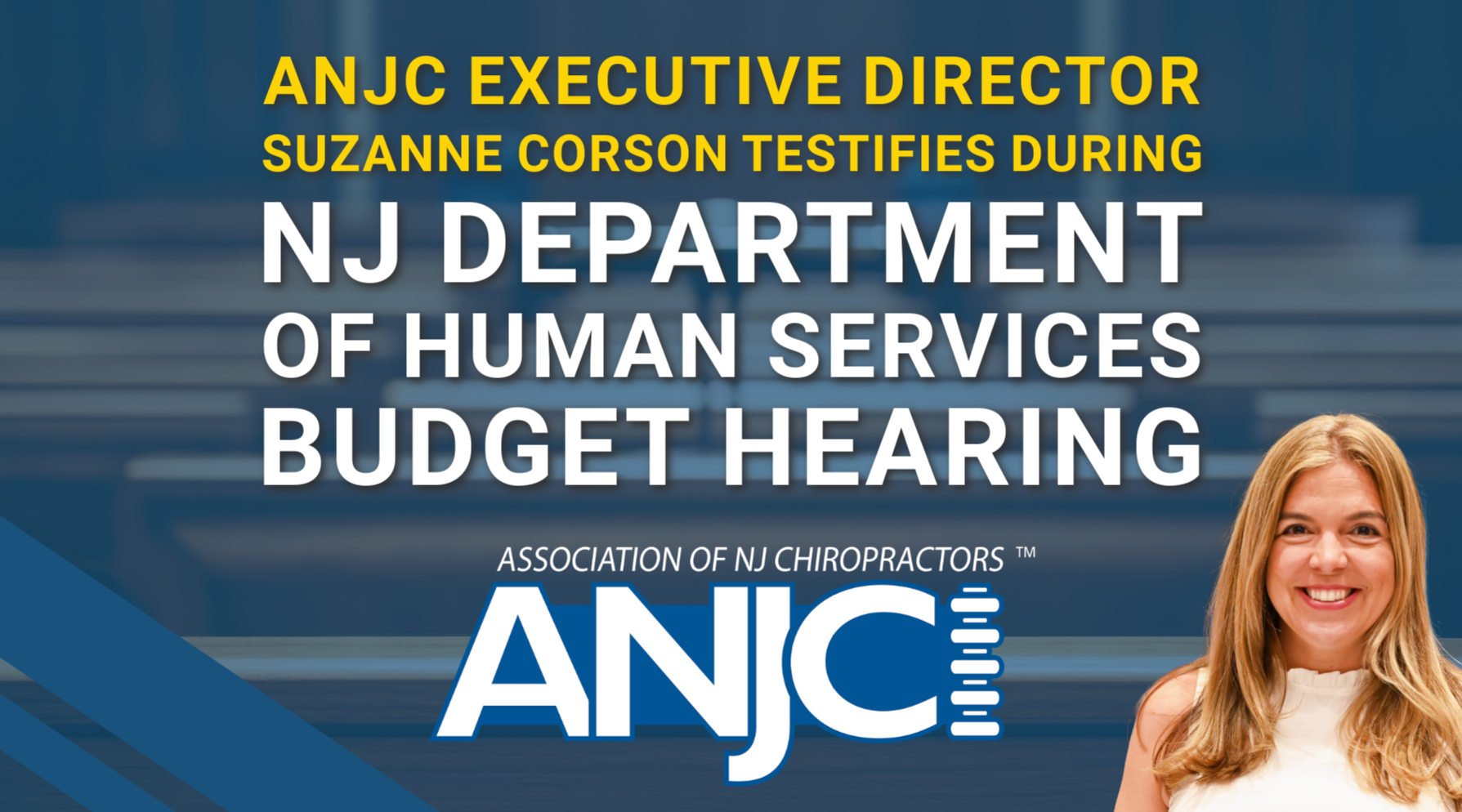Last week, Suzanne Corson, Executive Director of the Association of New Jersey Chiropractors (ANJC), delivered critical testimony during the NJ Department of Human Services Budget Hearing.
During her testimony, Corson highlighted the vital role chiropractic care plays in providing drug-free pain management for conditions like chronic back pain, arthritis, and joint injuries—ailments that disproportionately affect Medicaid populations.
- Despite the proven benefits of chiropractic care, Corson emphasized that current Medicaid reimbursement rates, as low as $8 per visit and limited to one reimbursable service per day, make it financially unfeasible for most chiropractors to participate in the program.
- This leaves the majority of New Jersey’s Medicaid patients without access to non-invasive, cost-effective treatments.
Corson proposed a practical solution to address this gap: expanding Medicaid reimbursement to include physical medicine and rehabilitation codes. This change would align Medicaid with commercial insurers, allowing chiropractors to provide comprehensive care, including rehabilitative therapies, spinal manipulation, and physical modalities.
Such a shift could dramatically improve access to chiropractic care for New Jersey’s Medicaid population, reduce reliance on opioids, and improve health outcomes for some of the state’s most vulnerable residents.
Watch the full hearing and Suzanne Corson’s testimony below.
Opening comments from Commissioner Sarah Adelman:
Catch ANJC Executive Director Suzanne Corson’s testimony starting at the 2-hour, 1-minute mark:
Watch Here
Read Suzanne’s Full Testimony Below:
Good Afternoon, my name is Suzanne Corson. I serve as the Executive Director of the Association of New Jersey Chiropractors. Thank you for allowing me to speak today on behalf of the Association of New Jersey Chiropractors, our state’s largest chiropractic professional organization, representing nearly 1500 chiropractors and their staff. Chiropractic care is a drug-free alternative to pain management that can help relieve pain without the use of medications or surgery. Chiropractic care is a non-invasive treatment and can be used to treat a variety of conditions. Currently, Medicaid recognizes 3 chiropractic codes and reimburses 1 service per day at a rate as high as $8. There are about 3000 licensed chiropractors in the state of NJ and 110 accept Medicaid patients.
Due to the inadequate reimbursement model it is not financially viable for chiropractors to accept Medicaid causing these patients to have limited access to drug-free pain management. According to Medicaid.Gov, as of July 2024, New Jersey has enrolled more than 1.8 Million individuals in Medicaid and CHIP — a net increase of nearly 41% since the first Marketplace Open Enrollment Period and related Medicaid program changes in October 2013. Musculoskeletal issues, particularly chronic back pain, are some of the most common and costly conditions for Medicaid patients along with arthritis and muscle and joint strains and sprains. These injuries and ailments can be especially common in low-income populations who may have age-related degeneration, have chronic conditions, engage in physical labor or lack access to preventive care. They often result in chronic pain, reduced mobility, and a need for ongoing management and can significantly affect quality of life and lead to long-term disability.
In addition to spinal manipulation, the Scope of Practice in NJ allows chiropractors to prescribe and administer physical modalities and therapeutics along with rehabilitative and strengthening exercises. These therapies are commonly, and in general fairly, reimbursed by the commercial insurance carriers.
Please consider allowing chiropractors to be reimbursed for physical medicine and rehabilitation codes. This will expand access to these care options for Medicaid patients who would benefit greatly from drug-free therapies and better health outcomes.

